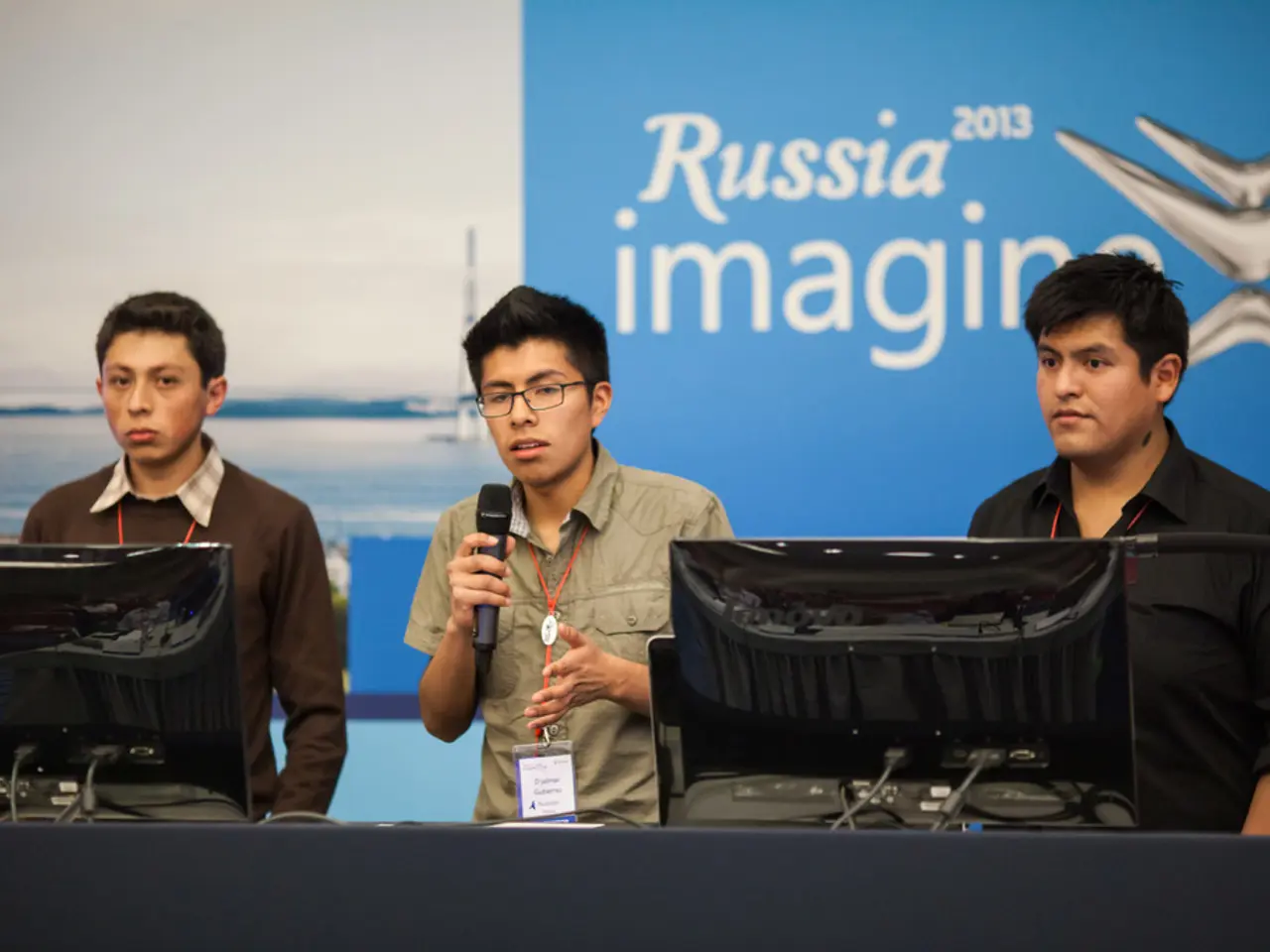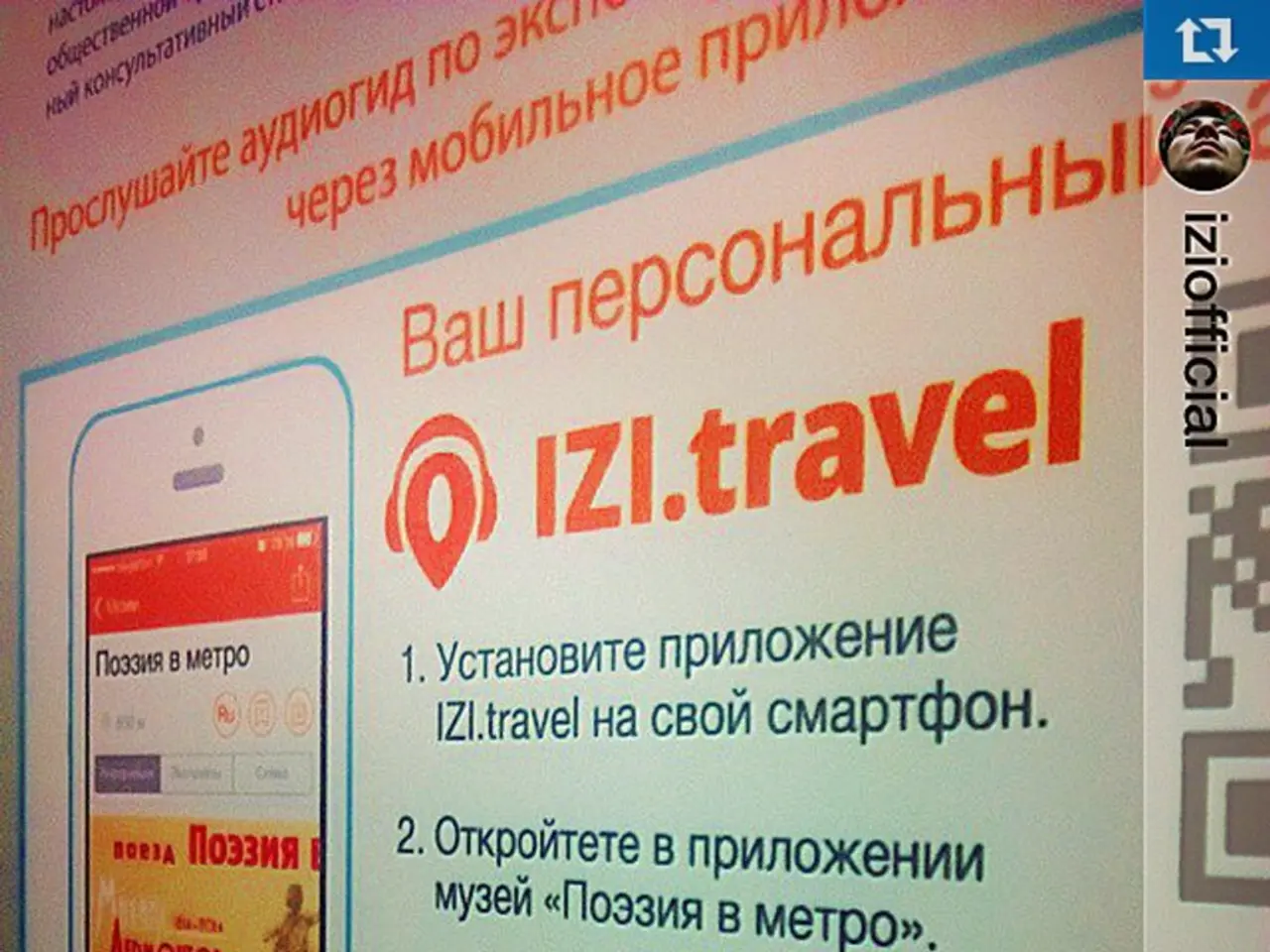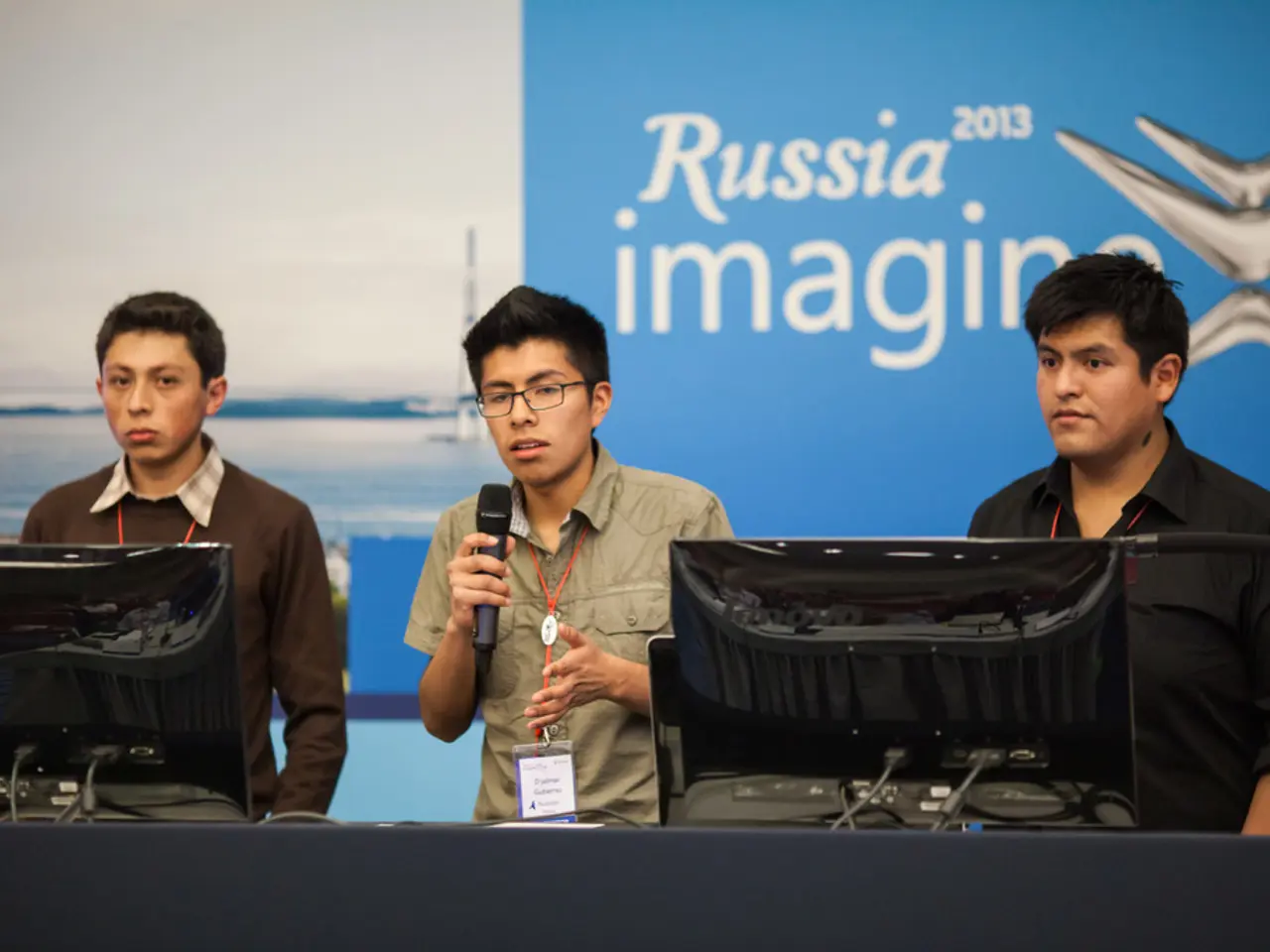AI creator issues alert on potential legal consequences of shared information with artificial intelligence
In the digital age, conversations with AI chatbots like ChatGPT are becoming an integral part of people's online lives. From verifying information on platforms like Twitter with tools such as Grok, to asking questions about various topics on ChatGPT, these AI tools have become a common part of our daily interactions.
However, it's important to note that these conversations may not always remain private. According to legal professionals, AI chatbot interactions are increasingly considered part of a user's digital footprint and may be subject to subpoenas or court orders if relevant to civil, criminal, or corporate cases [1][2].
OpenAI, the company that owns ChatGPT, stores records of all conversations, including deleted ones, and complies with lawful requests. This means that data can be accessed by courts or law enforcement, making ChatGPT logs potentially admissible as evidence in court, depending on the jurisdiction and relevance to the case [1][2].
OpenAI CEO Sam Altman has explicitly warned that ChatGPT conversations do not have legal confidentiality protections like those between patients and doctors or clients and lawyers. He emphasized that users should not assume privacy or legal privilege when sharing sensitive or personal information with ChatGPT, as such data could be retrieved and used in court [3][4].
Given this, it's crucial for users to exercise caution and review their privacy settings. Since conversations can become court evidence, avoiding the sharing of sensitive or personal information is advisable.
The news about ChatGPT's conversations potentially being used as evidence has left many people flabbergasted. Some have joked about the implications, saying things like "Snitching on yourself to your anime waifu chatbot who's got you convinced you're the messiah." Others have expressed concern about their privacy and legal interests, with one person writing, "I'm not using ChatGPT and I don't want it used against me in court."
In a recent podcast appearance on "This Past Weekend w/ Theo Von," Sam Altman made an apparent revelation that OpenAI cannot block law enforcement from using ChatGPT chats as evidence [5]. This underscores the need for users to be aware of the potential consequences of their interactions with AI chatbots like ChatGPT.
As we continue to integrate AI into our lives, it's essential to understand the implications of these interactions, especially when it comes to privacy and legal matters. By being informed and cautious, users can protect their rights and maintain control over their digital footprint.
References:
[1] "Can ChatGPT conversations be used as evidence in court?" TechCrunch, link
[2] "The legal implications of AI chatbot conversations," The Verge, link
[3] "OpenAI CEO warns of lack of legal confidentiality for ChatGPT conversations," CNET, link
[4] "ChatGPT users warned not to assume privacy or legal privilege," BBC News, link
[5] "OpenAI cannot block law enforcement from using ChatGPT chats as evidence, CEO reveals," Engadget, link
Technology has become an integral part of our daily interactions, with AI chatbots like ChatGPT playing a significant role in people's online lives. However, these conversations may not remain private, as they can potentially be used as evidence in court.




